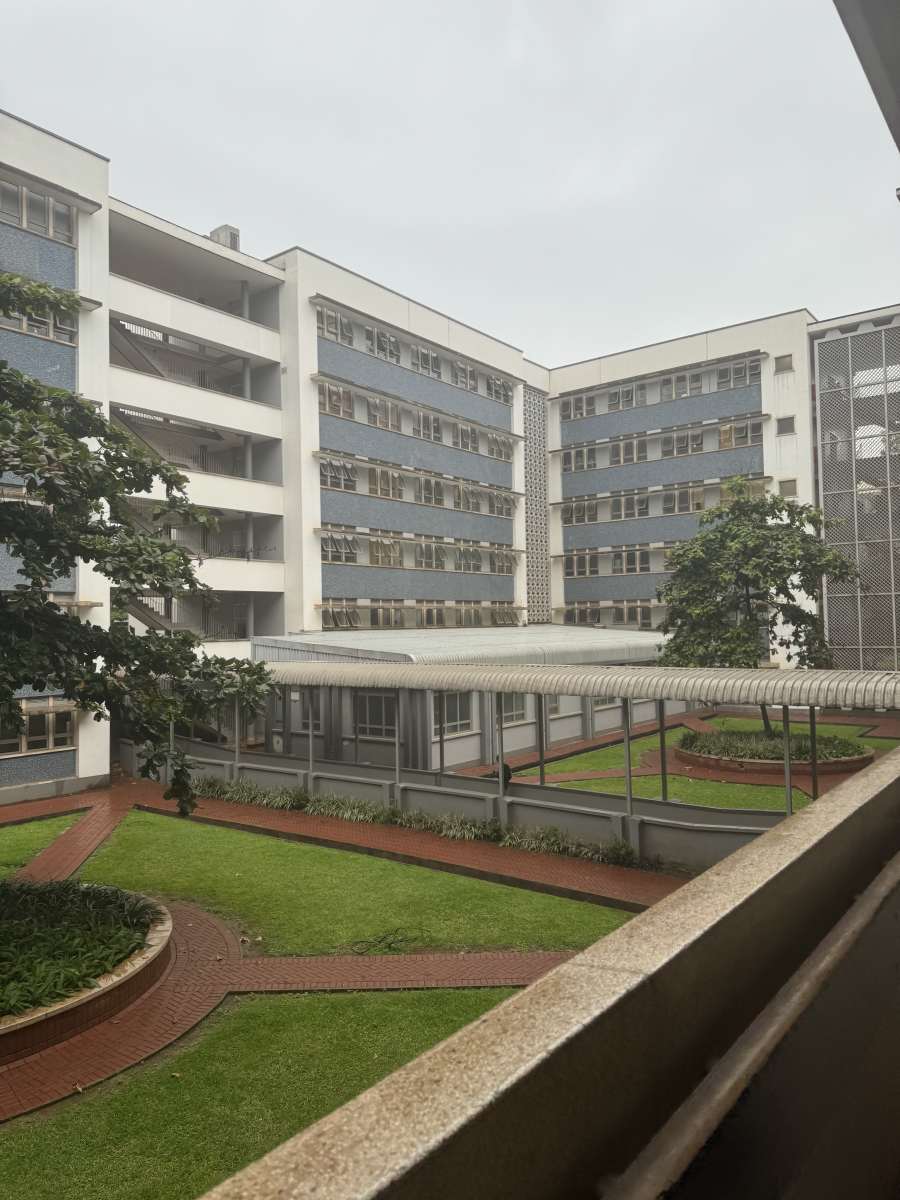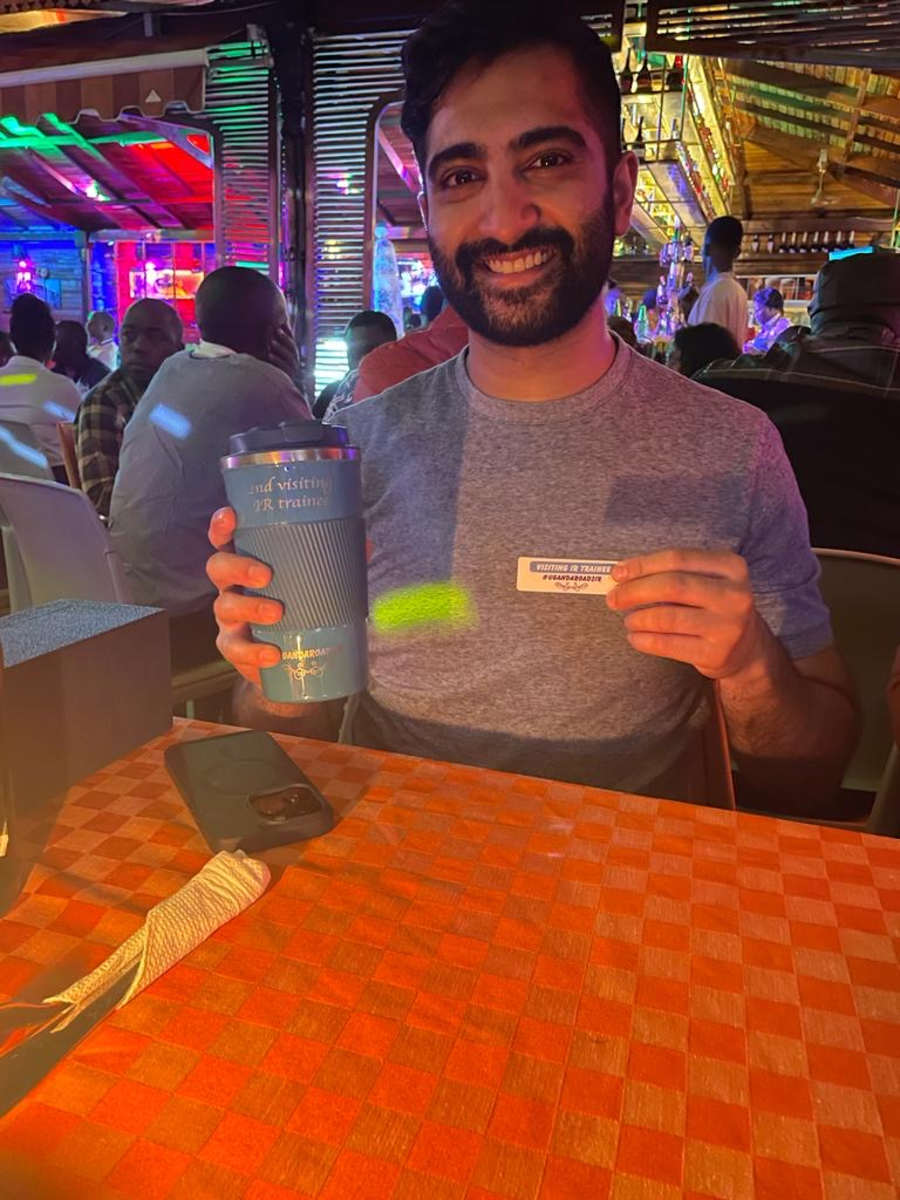Technological advancements in medicine have increasingly shifted the paradigm of intervenable treatments from surgical management to minimally invasive management. Interventional radiology (IR) has been shown to significantly decrease morbidity and mortality in a range of conditions including hepatic tumors, infections, debilitating fibroids, and vascular disease. Although percutaneous interventions have a demonstrable benefit, many low and middle-income countries, including Uganda, face challenges in accessing these life-saving interventions. As of 2023, there are no formally trained interventional radiologists in Uganda, a country with a population over 45 million people.
The Road2IR program, committed to building self-sustaining IR training programs in East Africa, has already achieved significant milestones in addressing this critical healthcare gap. Over the past 5 years, Road2IR has pioneered the first East African IR training program in Tanzania and has since expanded its impact to Rwanda and now Uganda. This impact includes the first Master of Science in IR curriculum at Muhimbili University in Dar es Salaam in 2019 ( https://medicine.yale.edu/news-article/yales-tanzania-interventional-radiology-initiative-approved-for-msc-program/ ), highlighting the program’s ability to drive change quickly. Since Road2IR was established, the first classes of IR fellows graduated in 2022 and 2023 in Tanzania with an upcoming pipeline of students in Uganda now. By leveraging experience from Tanzania, Road2IR intends to replicate the proven Tanzania IR training model in Uganda through regional and international collaboration. As such Road2IR established a partnership with Mulago National Referral Hospital, the nation’s only tertiary care center, and by expanding on existing infrastructure, the partnership began offering IR clinical services in Uganda in August 2023. We hope to continue driving the mission of Road2IR further through our involvement.
Beyond the immediate population of Uganda, this program recognizes the regional impact it can achieve. IR procedures are essential in treating a spectrum of medical conditions, and by establishing accredited training programs, Road2IR aims to empower local physicians with the skills to address healthcare challenges in neighboring countries. The ripple effect of this initiative is evident in success stories from Tanzania, Rwanda, and Nigeria, where graduates are actively shaping IR services in their respective nations.
IR procedures, crucial for treating traumatic injuries, cancer, infection, and vascular diseases, can now reach millions in low and middle-income nations. Through the Road2IR initiative, Uganda is poised to witness a transformative shift in its healthcare landscape. By establishing accredited IR training programs, Road2IR contributes not only to immediate life-saving interventions but also to the broader expansion of healthcare capabilities. The goal remains steadfast: to extend these benefits to over one billion people in sub-Saharan Africa who currently lack access to these essential treatments.












My experience with the ROAD2IR initiative was personally gratifying and professionally fulfilling on many levels. As a senior interventional radiology (IR) trainee, I served as a clinical instructor to Mulago Hospital’s IR trainees, helping them refine their skills in both US and CT guided procedures. Simultaneously, I utilized my research background to assist them in streamlining their clinical research infrastructure.
During my time, I learned that liver disease is a leading cause of morbidity and mortality for the Ugandan people. Coming from a high-volume transplant and portal hypertension program, I deeply appreciate the impact IR can make in the care of these patients. Consequently, I made it a priority to deliver a series of lectures to their fellows on the management of hepatocellular cancer and portal hypertension, emphasizing the delivery of high-quality care in a cost-conscious manner. At the conclusion of my visit, I provided the fellows with additional literature to further enhance their understanding of the topics covered in my lectures.
In addition to my clinical impact, I applied my research background to help Mulago IR streamline a database for all the procedures and clinic visits they have performed since inception. As a nascent service line in their country, it was crucial for the fellows at Mulago IR to demonstrate their growth and value to their department, hospital, and the larger IR community from which they received grant funding. I prepared their data and taught them the basics of clinical data entry and pivot table analyses, which they subsequently used to present their metrics to the hospital and an international grant committee.
Interventional radiology has the potential to definitively diagnose cancers before they grow, treat cancers without surgery or chemotherapy, and save patients from normally fatal traumas or hemorrhages. I am grateful for the opportunity to help create a self-sustaining IR training program, which has the potential to impact the lives of an entire country. I truly cannot wait to see what their fellows can accomplish, and I am looking forward to my next visit with them!